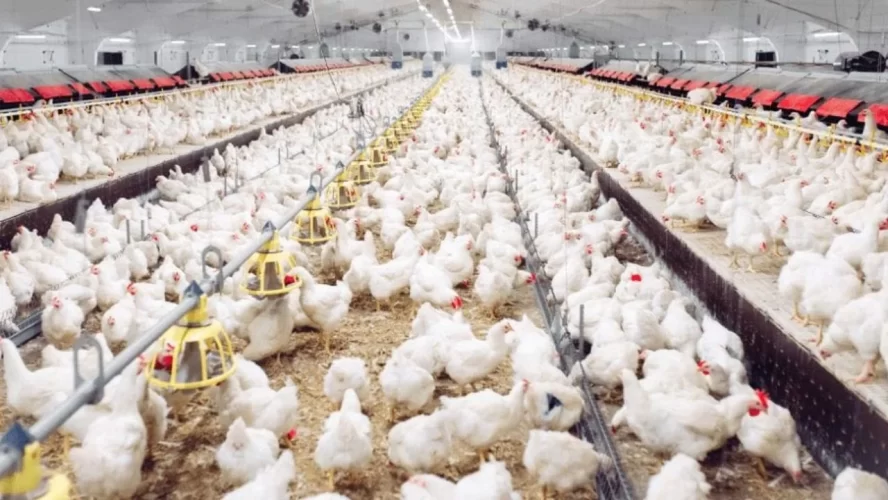Rolling green hills, chickens roaming and running about freely without the harsh conditions of a crowded chicken factory-like barn. This is what most people think of when they see the shining “free-range” label on their eggs. Oftentimes when buying the “ethical” “free-range” eggs, you feel as though you’re doing your moral and civic duty to society by not supporting the inhumane chicken raising practices.
However, in reality all this label means is that the birds aren’t kept in cages and they have access to the outdoors. There are no regulations on how big the space must be and it does not guarantee that the chickens go outside, just that they have access to it. There are also no regulations on how crowded the chickens living space is, so there is also no guarantee that they have space to move around even inside the facility.
These claims are run and controlled by the United States Department of Agriculture (USDA). The USDA must validate all “free range” eggs via visits to the farm twice a year. However, the regulation regarding the conditions is still not the rolling fields that most people imagine.
Documentaries such as “Super Size Me 2: Holy Chicken!” explore the corruption and unethicality of the chicken industry. This was the documentary that first introduced me to the reality of what it meant for chickens to be “free-range”, “cage-free”, “farm-fresh” etc. If this topic is interesting to you I would recommend this documentary.
Sources:
Cage-Free vs. Free Range—and Other Egg Cart Labels—Explained – Consumer Reports
USDA Graded Cage-Free Eggs: All They’re Cracked Up To Be | USDA
Image from Google

